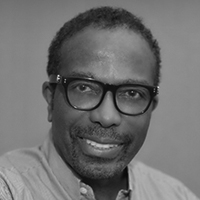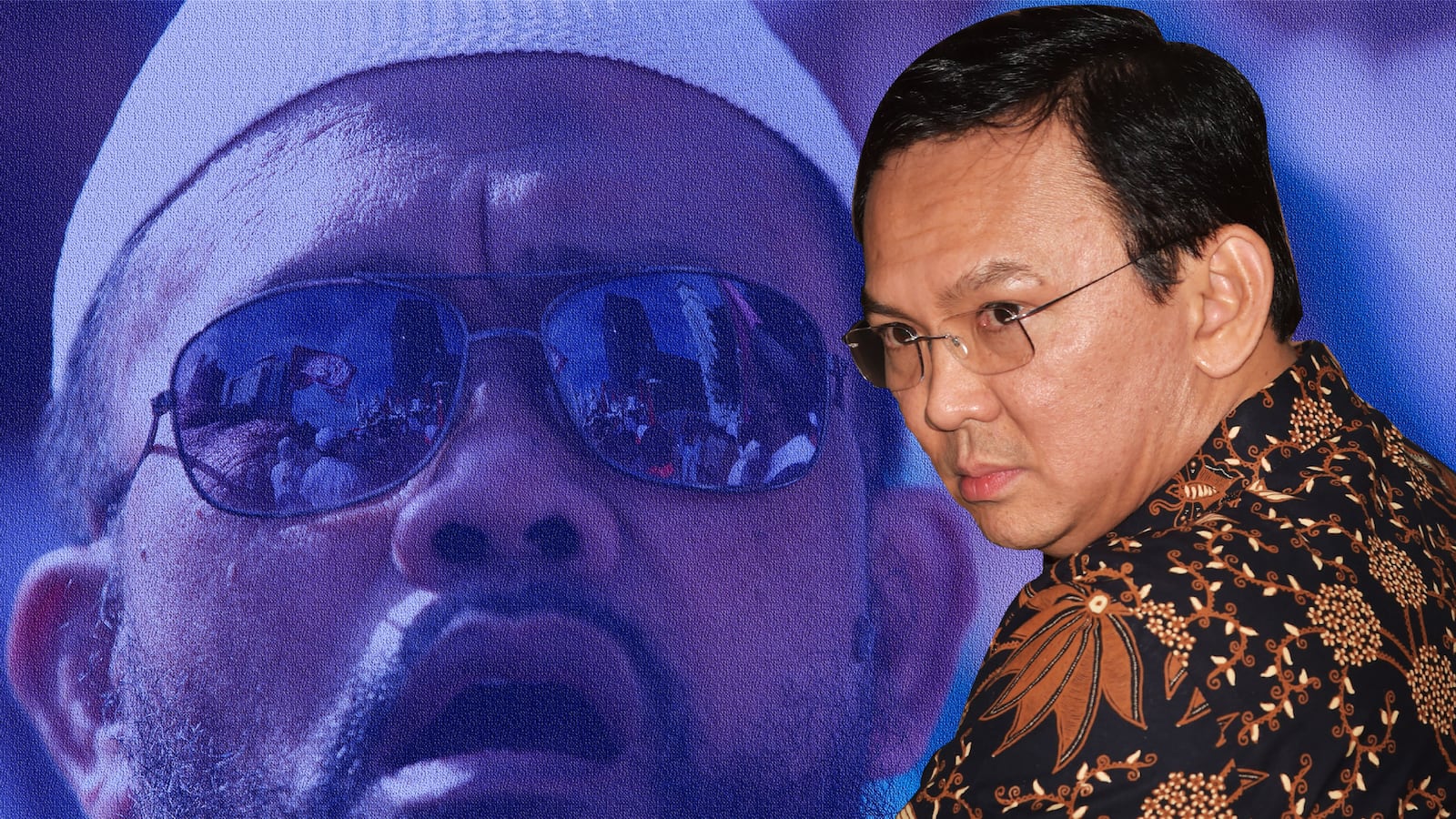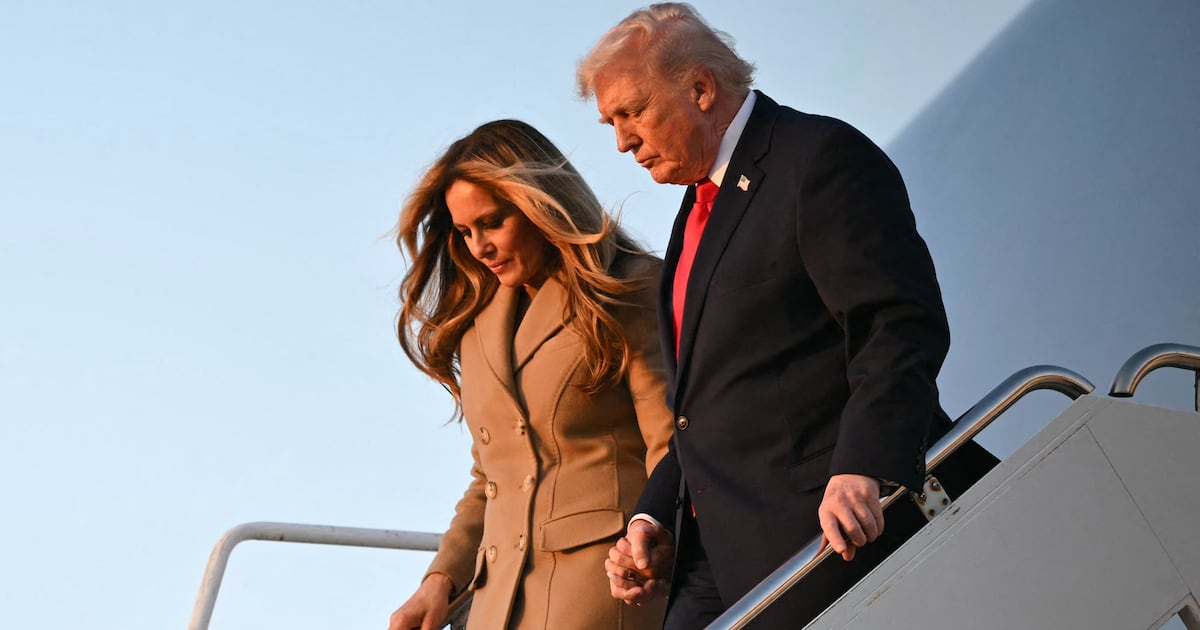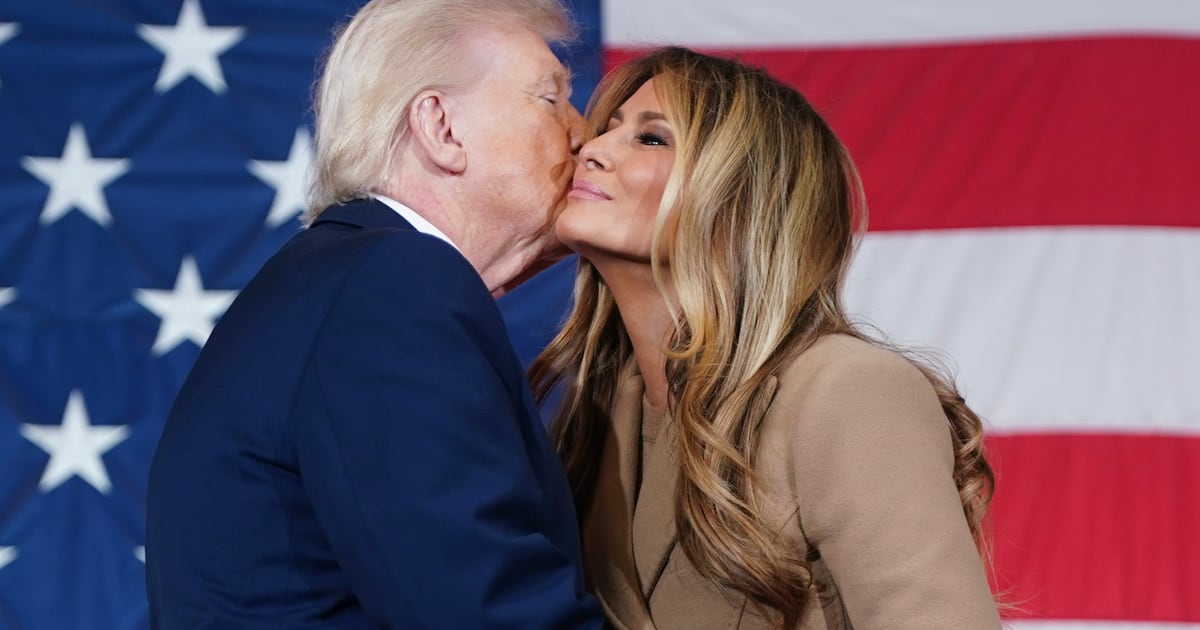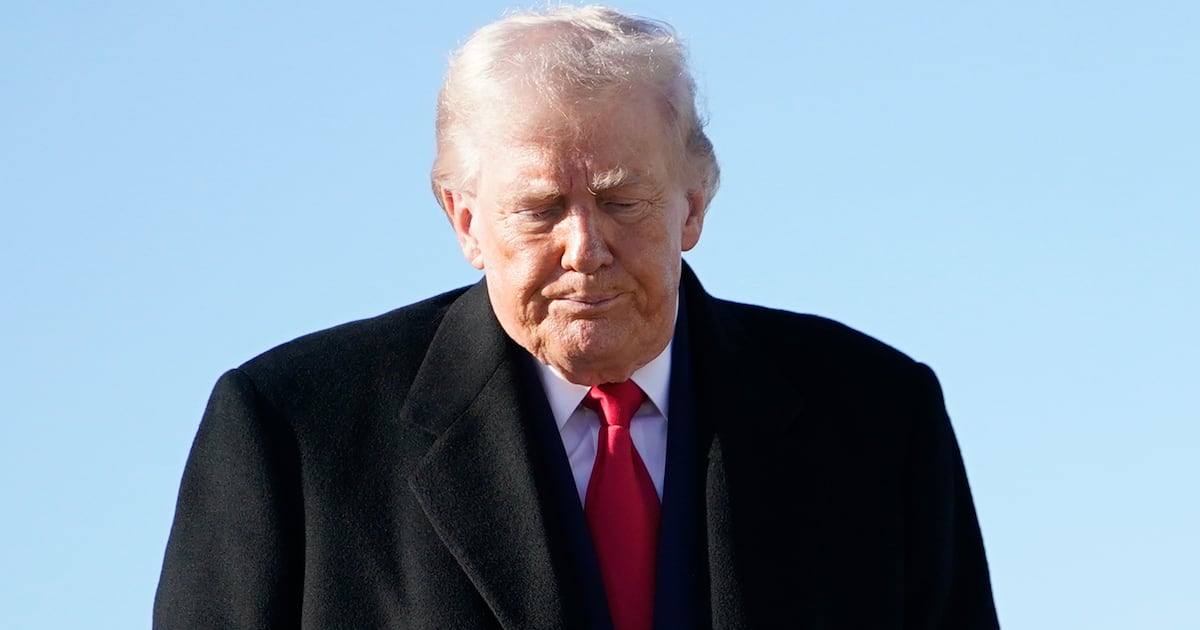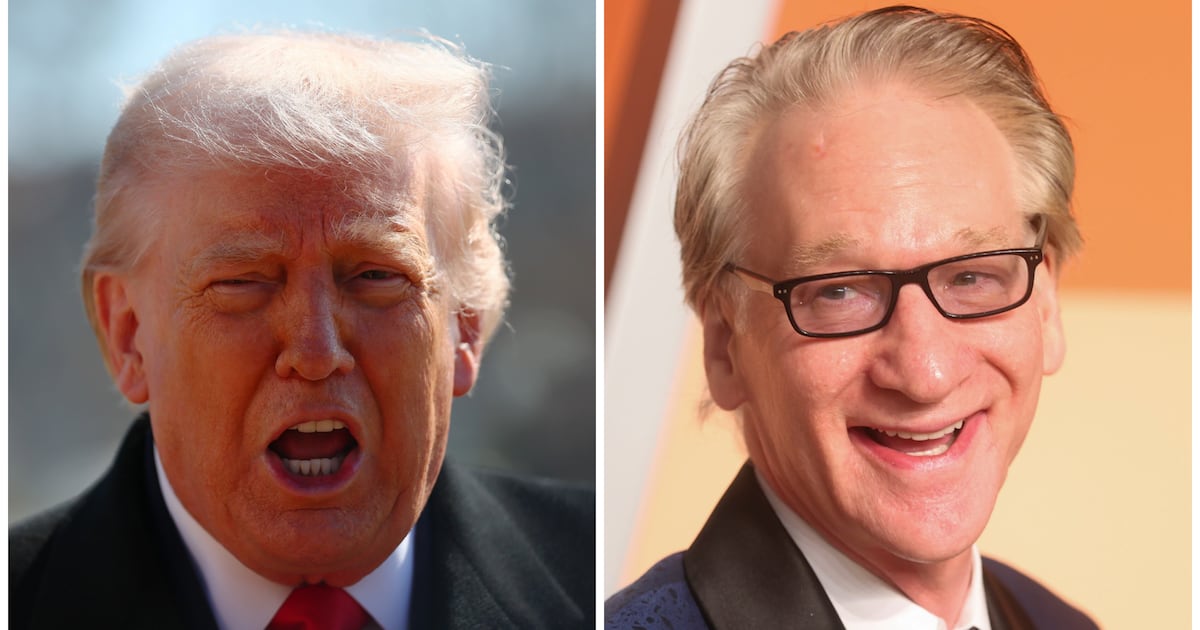In this season of celebration and contemplation, we are publishing a series of articles about Christians who are prosecuted, imprisoned and in some cases threatened with death because of their beliefs. Such religious persecution is not limited to Christians. Indeed the most intense fury of zealots like those of the so-called Islamic State is directed against fellow Muslims deemed heretical. But Christians find themselves targeted not only for their faith, they are treated as symbols of the West, even if their history in a country like Egypt goes back millennia. Thus ISIS hopes attacks like the suicide bombing of a Coptic cathedral in Cairo earlier this month will help draw clear battle lines between Islam and what it calls “crusaders”—the soldiers who bear the cross. A few cases like that of Asia Bibi, a mother of five now serving her seventh consecutive Christmas in jail in Pakistan on blasphemy charges, have drawn international attention. But many others have not. As advocacy groups have made clear, Christians are under pressure from non-Muslim Mexico to non-Muslim China, but they face the most ferocious persecution in the Muslim Middle East, South Asia, and parts of Africa.
At the start of his blasphemy trial earlier this month, Jakarta’s Christian, ethnic Chinese governor Basuki Tjahaja Purnama fought back tears as he told a court why he couldn’t possibly have intentionally insulted Islam, pointing out that he was reared by an adoptive Muslim family.
“My [biological] father and my adoptive father vowed to be brothers until the end,” testified the governor, universally known as Ahok. “The love of my adoptive parents for me has inspired me to this day.”
Maybe so. But the jeers and “Jail Ahok!” taunts from people protesting outside Jakarta’s Central District Court suggested the embattled governor has plenty to cry about.
Authorities charged Ahok with blasphemy weeks after he made a speech in late September while campaigning for the 2017 gubernatorial election. He cited a verse from the Quran and accused political opponents of using the passage to bolster their claim that non-Muslims like him should not be permitted to lead Muslims.
The governor apologized. But it did not placate hard-line Muslims, who demanded his imprisonment. Extremist groups such as the Islamic Defenders Front have whipped up hordes of Indonesians into a rage over the blasphemy allegation. They have harnessed religion and latent distrust of the Chinese to manipulate throngs of protesters into the streets, including as many as 500,000 at a mammoth Dec. 2 rally. At least one person has died and dozens have been injured in demonstrations in which people set fires, torched vehicles, looted, and threw rocks at police, who responded with tear gas and water cannons.
Blasphemy, a charge that sounds medieval in the West, remains a crime in many Muslim-majority countries. But even those who accept the legal principle are skeptical of the charge against the governor.
Critics say political enemies are using the blasphemy case to weaken the popular politician. President Joko Widodo, who preceded Ahok as Jakarta governor and whose election to the nation’s top political job led to Ahok’s appointment, is among the skeptics. Last month Jokowi, as he is popularly known, called out unnamed politicians for inciting protests. “We see this was steered by political actors who were exploiting the situation,” he said at a news conference.
Why would these activists use such a subterfuge against Ahok? After all, as one of his 80 lawyers, Sirra Prayuna, said in court, it “would be suicidal” for the man to purposefully insult Islam while running for governor of the heavily Muslim megalopolis of 10 million.
“There is considerable evidence that the governor’s comment on Islam was deliberately edited and manipulated by enemies looking to remove Ahok from the political playing field and weaken President Jokowi in the process,” says Karen B. Brooks, adjunct senior fellow at the Council on Foreign Relations. “Unfortunately, some political actors in Indonesia have proven willing to use the always sensitive religion card to mobilize the masses and stoke unrest.”
The governor is in the cross-hairs of five groups, says Andreas Harsono, Human Rights Watch researcher in Indonesia: people who lost out in a land eviction scheme Ahok implemented, those genuinely concerned about blasphemy, “anti-Chinese elements,” Muslim fundamentalists hostile to Christians and other religious minorities, and people opposing Ahok in the gubernatorial election—especially relatives of former President Susilo Bambang Yudhoyono, whose son Agus Harimurti Yudhoyono is running.
Harsono, who specializes in religious research, says bias against religious minorities may be “the most important element in the growing Islamicization of Indonesia” and is hardening just as “the demand to have non-Muslim leaders is rising.”
In recent years, the spike in Islamist intolerance has led to the targeting of churches, women, gays and lesbians, alcohol drinking, and even porn. Even as the call for better treatment of transgenders grows louder in many countries, Indonesian Islamists are demanding harsher treatment of trans and other LGBT people. Extremists recently shut down a festival on women’s issues, and earlier this year forced the closure of a Yogyakarta boarding school for transgender students.
Human Rights Watch says the government has itself fueled a hate campaign against LGBT citizens. There’s evidence of that: Earlier this year Defense Minister Ryamizard Ryacudu said publicly that LGBT activism is more dangerous than a nuclear bomb. Research, Technology and Higher Education Minister Muhammad Nasir has called for a ban on “publicly affectionate” LGBT students on University of Indonesia campuses. The nation’s constitutional court is considering banning homosexual sex.
“Hardline extremist groups have always existed as a small minority in Indonesia, but they grew increasingly bold and vocal during the 10 years in office of former President Yudhoyono, who had neither the courage nor the wherewithal to arrest that trend,” says Brooks.
One analyst who prefers to remain unidentified describes the blasphemy case as “primarily an effort by vested interests to remove a governor who has cut patronage from the system” and “playing on people’s religious sensibilities to undermine the actual successes of the governor.”
It is not unusual for political issues to be covered up by religious rulings, and evidence suggests that globally some people are hijacking Islam to retain power, says activist and author Manal Omar. “Religion is a very powerful motivational tool, and some political elites have tapped into that and are using it,” says Omar, associate vice president of the Center for Middle East and Africa with the United States Institute of Peace. “Power trumps any religious ideology.”
And self-preservation apparently trumps doing the right thing. Despite his clear-eyed assessment of the political railroading afoot, Jokowi clambered on stage at the Dec. 2 rally in Jakarta’s Central Park, Medan Merdeka, which was organized by an Islamist coalition calling itself the National Movement to Guard the MUI Fatwa—a reference to a fatwa issued by the Indonesian Council of Ulama declaring Ahok a blasphemer.
Some say Jokowi backs Ahok mostly because, by occupying the governor’s palace, Ahok guards the president’s flank against potential rivals in the next general election.
But that support may depend on how the wind blows.
“There has been a [bigger] groundswell of opposition to Ahok than we anticipated,” says Aaron Connelly, a research fellow at the Lowy Institute in Sydney. “The question is, has Jokowi made the calculation that in light of the Dec. 2 protest Ahok is not salvageable.”
More to the point, will the judiciary that is overseeing the trial reach a similar conclusion?
“On the whole, the judiciary is not an impartial third branch of government,” Connelly tells The Daily Beast. “It is not out of the question that the court will be influenced by politics.”
In fact, the gloomy forecast making the rounds is that, in an echo of current American politics, facts won’t matter—and Ahok will be found guilty.
“The political pressure is immense,” says Harsono, “such that he’s most likely to be convicted and lose the governorship.”
Asok faces up to five years in prison if convicted. Harsono says he is likely to be jailed for 18 months.
In his defense the governor has pointed out that he donates a percentage of his income in a manner consonant with Islamic tradition, built mosques, and even adjusted work times so Muslims can pray with their families during Ramadan. And his legal team has stressed in court that Indonesia is a country based on law.
But as in Malaysia, Southeast Asia’s other big majority-Muslim democracy, the law-as-bedrock assertion is increasingly debatable. When religion is involved, such niceties can be consigned to the back seat.
Furthermore, the emboldened protest movement appears to have other goals, including greater implementation of Sharia, nomination of political candidates who support Islamist objectives, and changing the Constitution to require that Muslims follow Islamic law.
The country’s two largest Islamic organizations, Nahdlatul Ulama and Muhammadiyah, “are passively complicit in the problem of worsening religious tolerance,” writes Phelim Kine, Human Rights Watch’s deputy director for Asia.
Those groups, the court, business elements, and some in the government may well view Ahok’s conviction as the most expedient solution, in the circumstances.
“The overriding influence will be a concern that acquittal would lead to sectarian violence,” says Connelly. “They’re very concerned about violence against the Chinese community.”
In other words, convict one Chinese to protect many Chinese.
The trial is set to resume Dec. 27. How it turns out may determine whether Indonesia’s official motto, “Unity in Diversity,” is anything more than a catchy phrase.
